2025 International Forum (TEDA) on Chinese Automotive Industry Development Releases Think Tank Consensus, Outlining Four Major Directions for the Automotive Industry
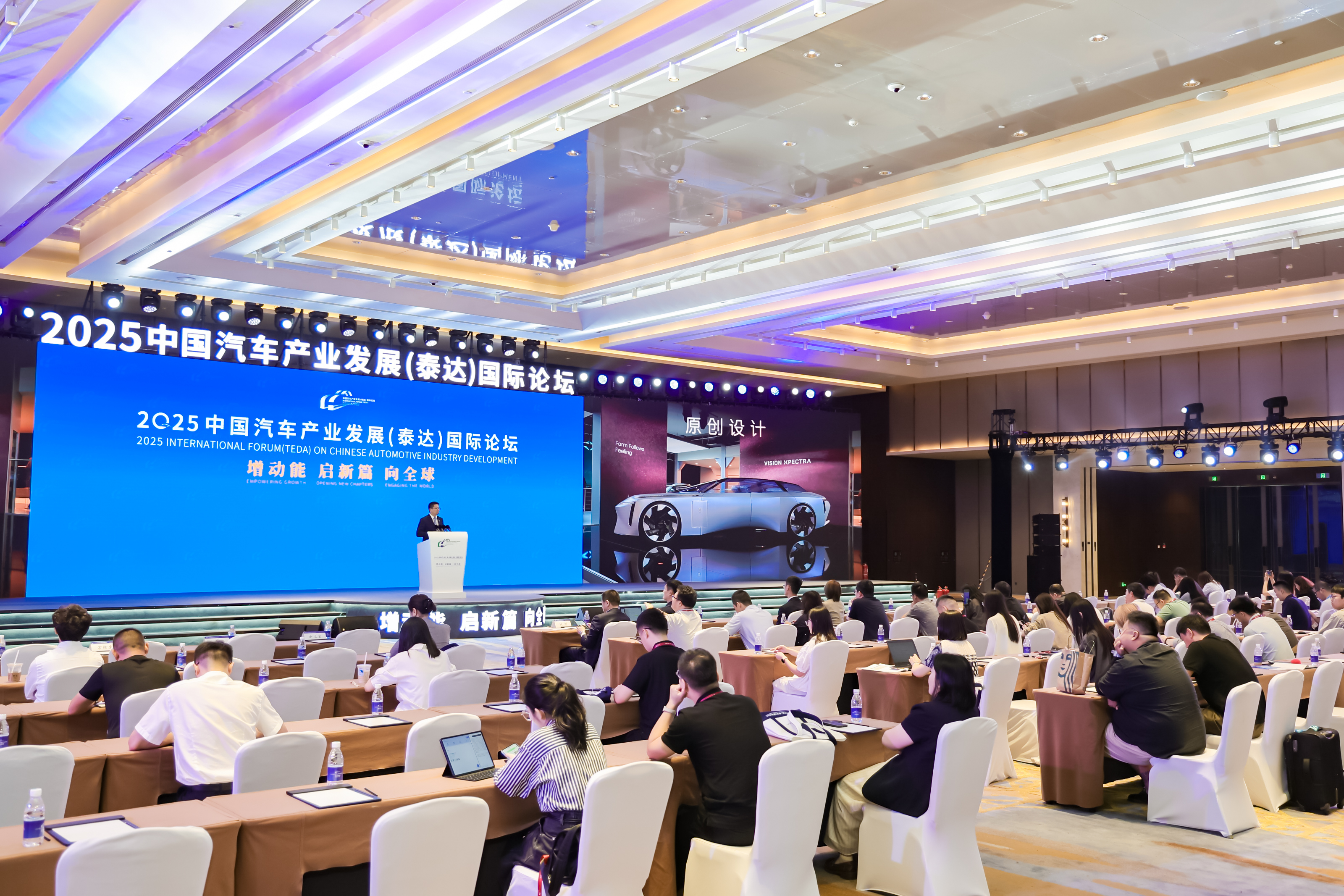
Recently, the 2025 International Forum (TEDA) on Chinese Automotive Industry Development released the think tank consensus from its thematic forums, including the New Initiative for Green Transformation Consensus, the Intelligent Upgrade Consensus, the New Strength for High-End Development Consensus, and the Globalized New Market Consensus.

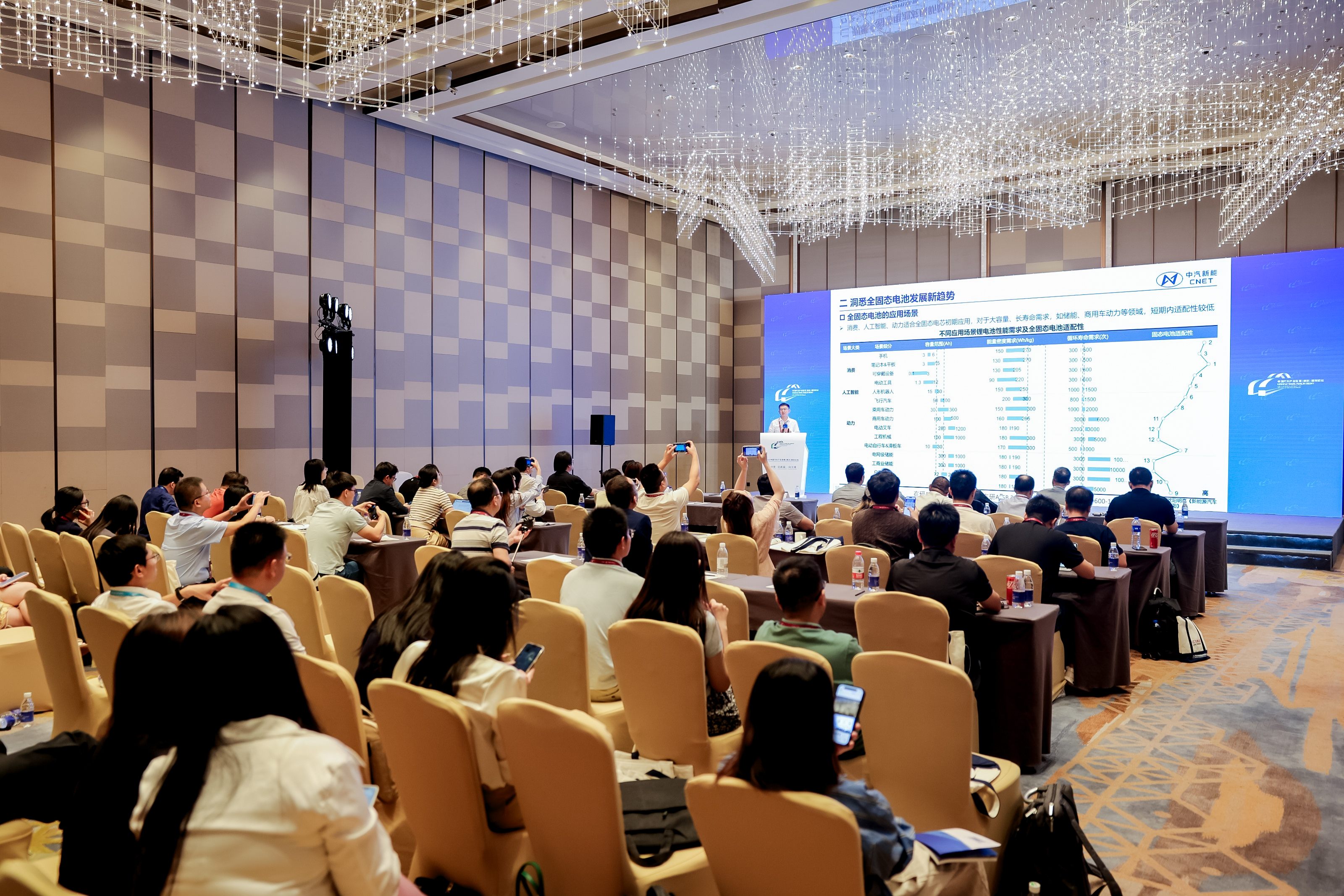
Firstly, the industry shall focus on key oil-electric drive technologies to promote the parallel development of multiple technological pathways. The industry shall concentrate best resources to make breakthroughs in core technologies such as BEV, PHEV, range-extended electric, and high-efficiency ICE, actively foster new integrated models of “product + service” and continuously advance the parallel development of diverse technological routes.
Secondly, the industry shall strengthen the research and development of key core technologies for solid-state batteries and build an orderly industrial chain ecosystem, enhance top-level design of standards, promote collaborative efforts among upstream and downstream enterprises to tackle technical challenges in solid-state batteries, and achieve coordinated advancement in technology R&D, standard innovation, and intellectual property protection.
Thirdly, the industry needs stronger industrial policy support so as to steadily advance the green transition. Continuous optimization and upgrade of tax policies is expected to promote the synergistic application of green technologies and cutting-edge innovations, facilitate a smooth transition between old and new growth drivers, and provide solid guarantees for the green transformation of the automotive industry.

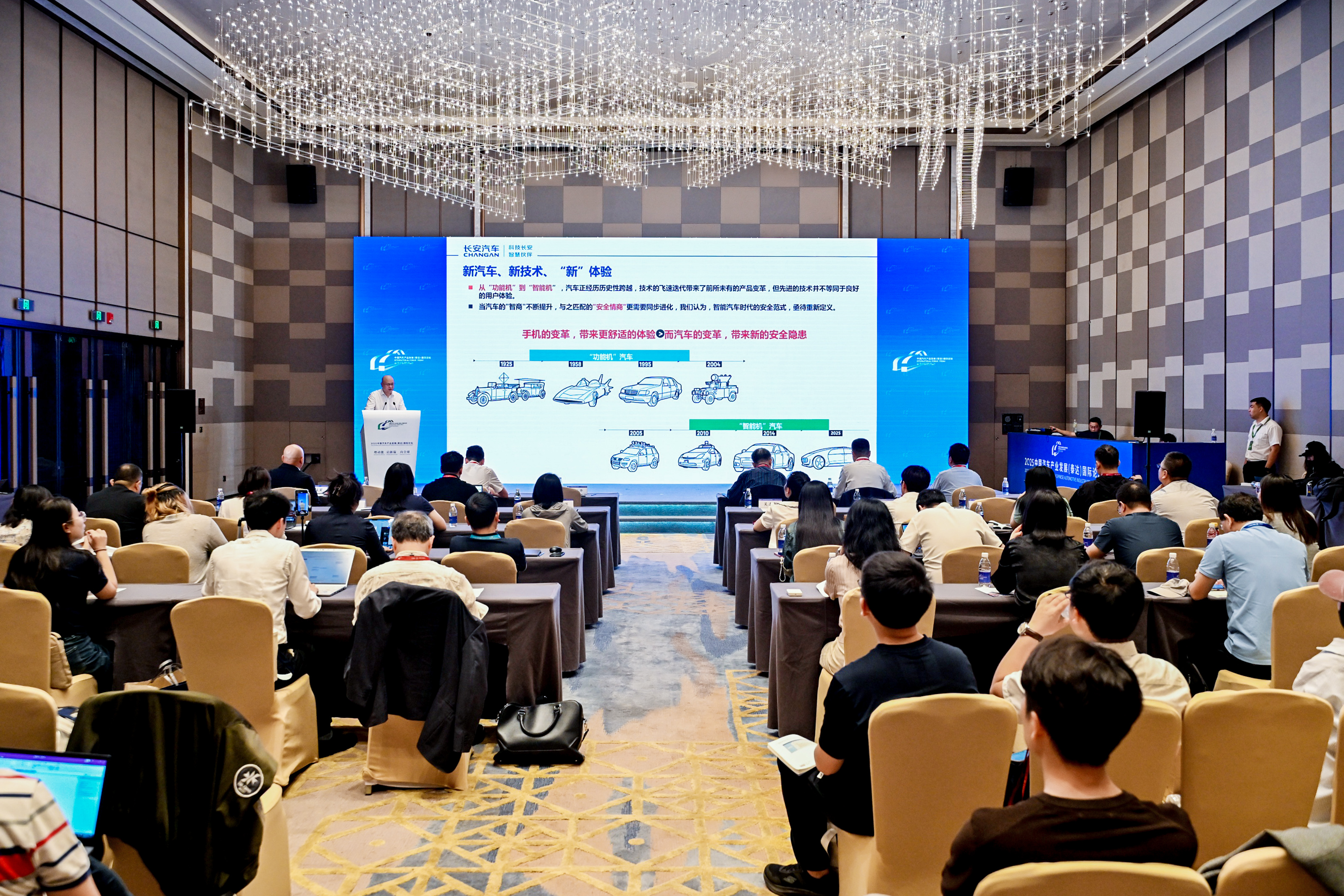
First, the industry needs stronger top-level design of the intelligent connected vehicle (ICV) standard system to promote technological innovation and high-quality development in intelligentization. Coordinated planning of the national standard system in automotive intelligence and connectivity shall be continuously enhanced, the foundational role of access standards shall be highlighted, and standards for key areas and cutting-edge technologies such as ICVs, automotive chips, and automotive artificial intelligence shall be formulated as soon as possible. This will drive technological innovation and application while steadily elevating the international status and influence of Chinese standards.
Secondly, the industry shall actively support key technological breakthroughs to achieve self-reliance and controllability in core technologies. The industry shall concentrate best resources to advance research and development in technologies such as chips, software architecture, and AI integration, focus on key segments of the ICV industry chain, application scenarios, and core technologies, adopt coordinated and sustained strategies to achieve technological breakthroughs through collaboration across the industry chain. By addressing gaps and strengthening weak links, the industry shall build a secure and controllable industry chain, comprehensively enhance industrial competitiveness, and solidify the foundation for the safe development of the ICV industry.
Thirdly, the industry shall regulate competition to guide high-quality development and return to the original purpose of creating value. This involves defining the boundaries of system functions and safety response measures, strengthening technical reviews and functional verification, objectively showcasing genuine highlights and quality advantages, supporting differentiated brand development, conveying positive consumer information, and promoting high-quality development of the automotive industry.

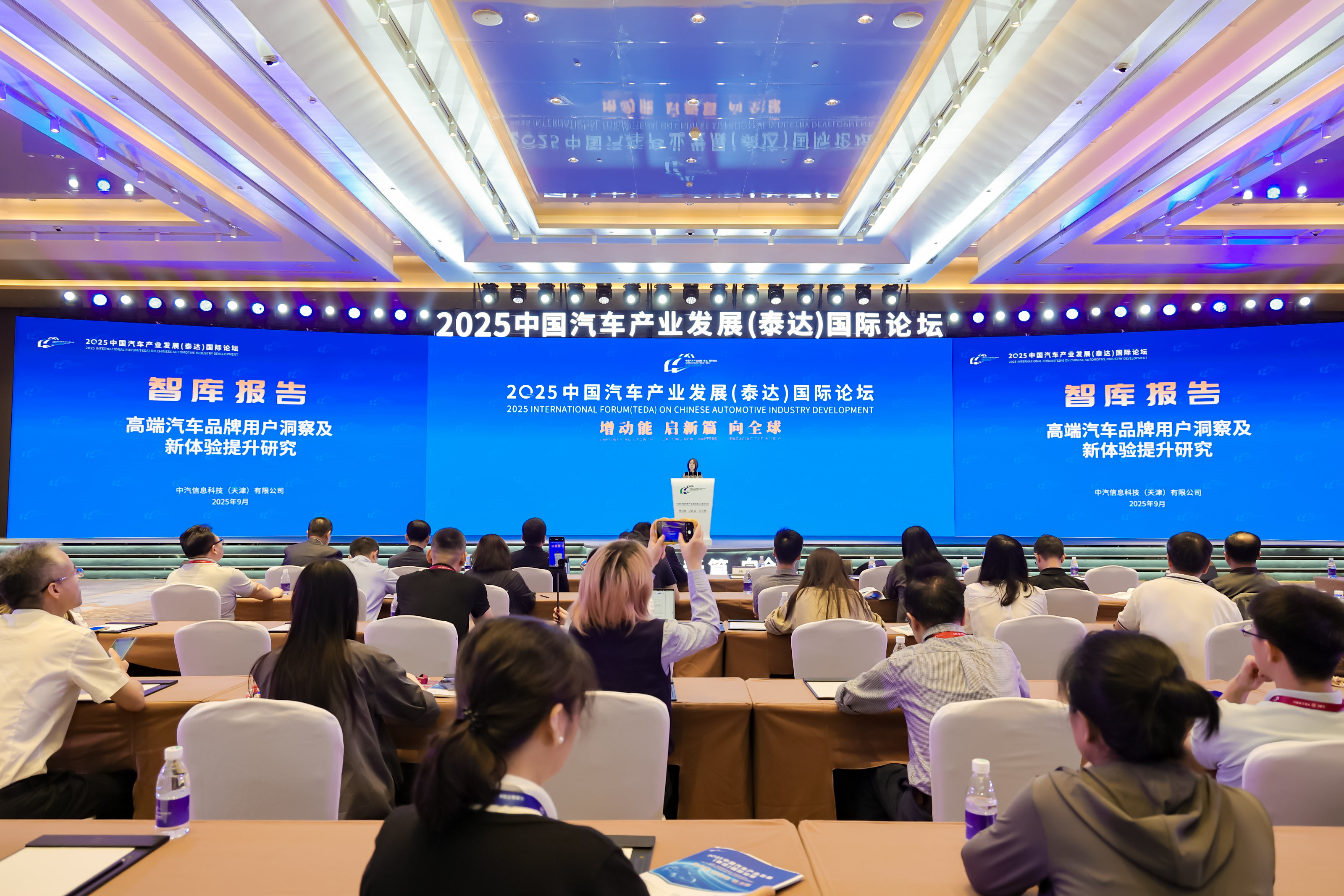
Firstly, the industry shall firmly promote the high-end transformation of independent brands to serve the high-quality development of the industry and enhance global competitiveness. High-end is not only an inevitable response to consumption upgrading but also a crucial pathway for the Chinese automotive industry to move up the value chain. By leveraging independent innovation and systemic advantages, we will accelerate the formation of a new future-oriented competitive landscape and drive Chinese brands toward higher levels of development on the global stage.
Secondly, the industry shall adhere to the principle that “technology is experience-oriented,” and place user experience at the core of technological innovation. Whether in new energy power, intelligence, or core components such as braking and chassis systems, the ultimate goal is to provide users with a safe, smart, and convenient travel experience. Through hardware-software synergy and cross-domain integration, we will not only break through key technological bottlenecks but also translate innovative achievements into tangible and trustworthy quality value.
Thirdly, the industry shall take user experience as the key benchmark for measuring the success of high-end transformation and build an experience-driven, end-to-end innovation system. In the era of the experience economy, a brand’s value depends not only on technological breakthroughs and market share but also on whether users truly perceive a continuously upgraded product and service experience. Only by integrating user insights throughout the entire lifecycle and using experience as the core measure of success can we foster new momentum, shape new advantages, and propel China’s high-end new energy vehicles from catching up to leading the way.

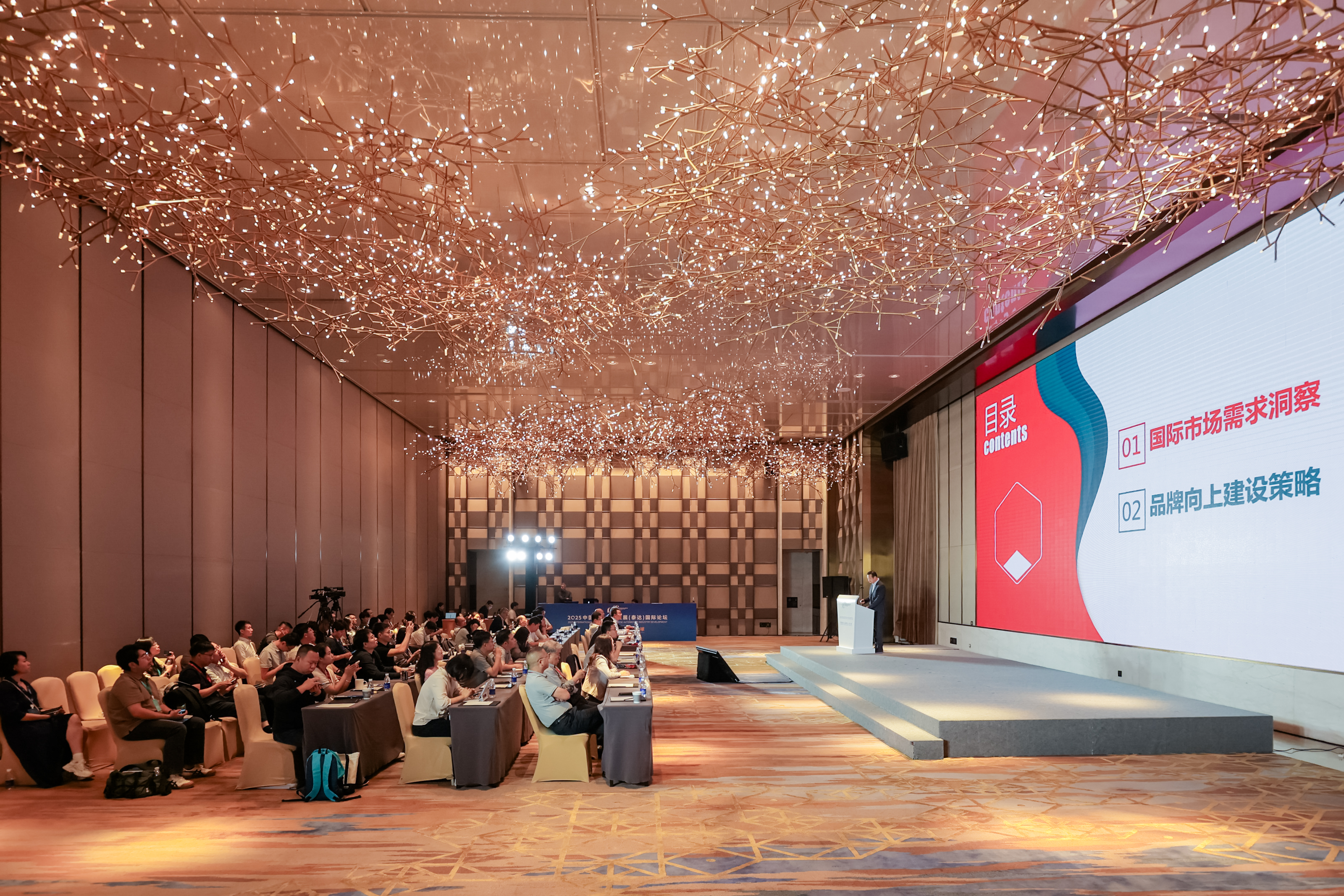
Firstly, the industry shall promote the coordinated upgrading of technological systems to strengthen the resilience of sustainable industrial chain development. Accelerate the establishment of a dual-track development framework for intelligent connectivity and resource recycling technologies, while deepening the integrated application of artificial intelligence, edge computing, and new energy vehicles. Simultaneously advance the standardization and scaling of power battery recycling technologies to achieve efficient resource recycling, reduce carbon emissions throughout the entire lifecycle, and solidify the foundation for sustainable industrial development.
Secondly, the industry shall strengthen the foundation of digital governance to drive the secure and efficient cross-border flow of data. Focus on improving cross-border data flow regulations and intellectual property protection mechanisms, establish a unified and trusted data space, and enhance data sovereignty management. Concurrently, optimize the global coordination of patent layouts, using regulatory coordination to address trade barriers such as the EU’s new battery law and carbon tariffs, ensuring the simultaneous advancement of technology exports and compliance systems.
Third, the industry shall optimize global resource allocation to build a multidimensional and collaborative industrial ecosystem. Systematically advance the upgrading of logistics networks and enhance coordination with financial and insurance services. Strengthen multimodal transport capabilities, integrate maritime shipping and land transport channels, and establish an efficient and resilient global logistics supply chain. Establish and improve collaborative mechanisms for financial instruments to effectively counter trade protectionism and geopolitical risks. Promote the deep integration of industry, logistics, and finance to create an open and win-win collaborative ecosystem.













 津公网安备 12019002000128号
津公网安备 12019002000128号

